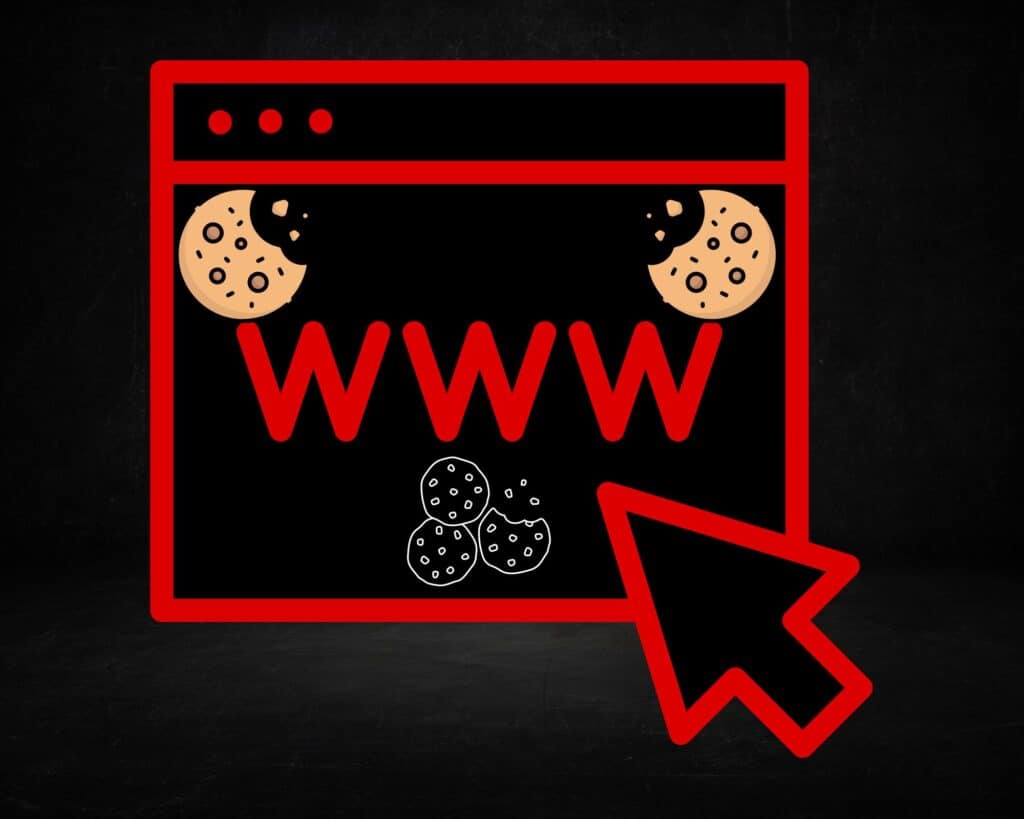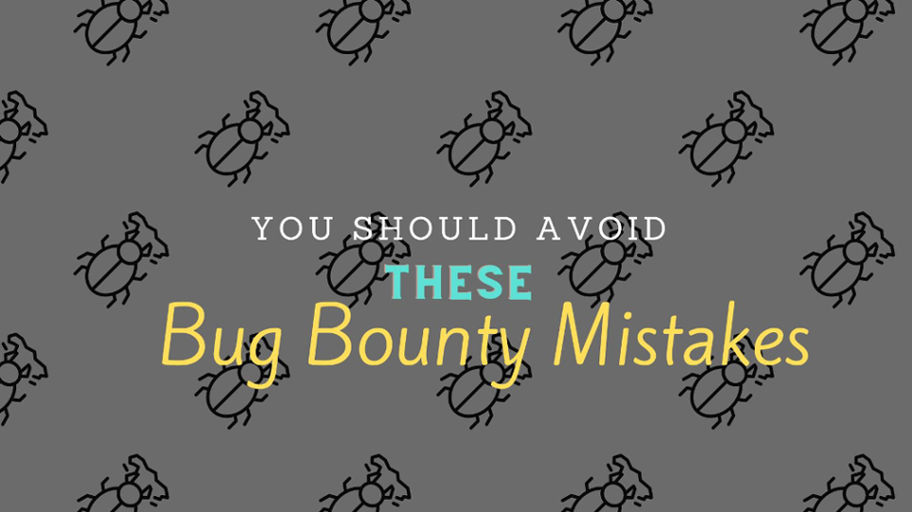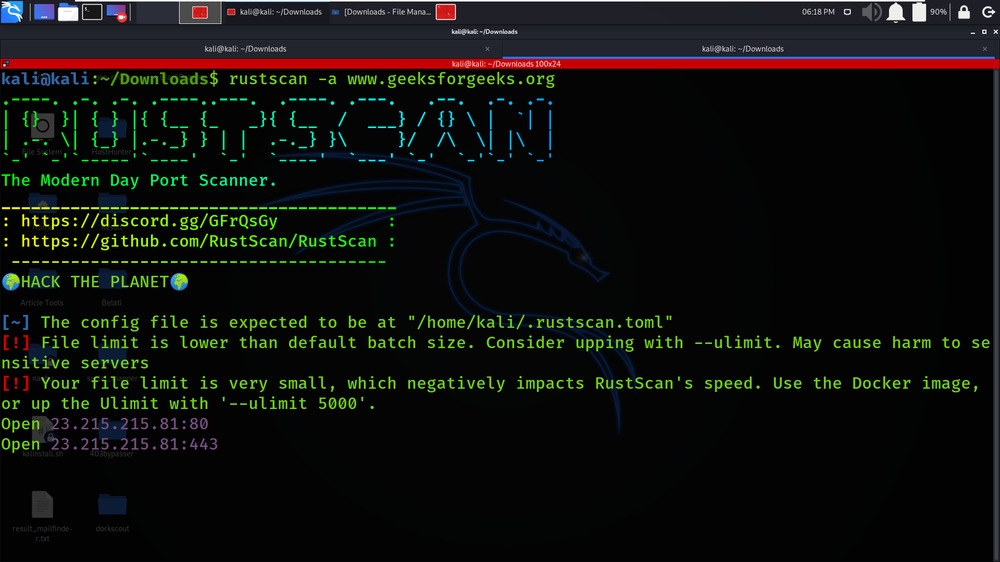Introduction
Have you ever wondered how websites remember what you like or keep track of things you put in your online shopping cart? Well, they use something called internet cookies! In this blog, we’ll explore what cookies are, how they work, and why they are important. Let’s dive in and learn more!
I. What Are Cookies and How Do They Work?
Imagine you’re in a store, and the shopkeeper gives you a special sticker to remember all your favorite things. That’s exactly what a cookie is! But instead of a sticker, it’s a small text file that websites send to your computer when you visit them. Your computer keeps these cookies in your web browser, acting like a special memory bank.
II. How Cookies Make Your Online Experience Better
1. Personalized Experiences
Cookies remember your preferences, such as the language you like or the theme you prefer on a website. It’s like magic! The website knows exactly how you like things to be.
2. Smooth Shopping
Cookies help websites keep track of the items you put in your shopping cart. So, even if you leave the website and come back later, your items will still be there waiting for you. It’s like having a helpful shopping assistant.
III. Are Cookies Safe?
You might be wondering if cookies are safe or if they can harm your computer. Well, the good news is that cookies themselves are harmless. They cannot give your computer viruses or malware. However, it’s always important to be careful while browsing the internet and avoid sharing personal information on websites you don’t trust.
IV. The Role of Third-Party Cookies
Apart from the cookies created by the website you visit, there are also third-party cookies. These cookies are made by websites other than the one you’re currently on. Third-party cookies are often used for advertising purposes and can keep track of your online activities across different websites. They help advertisers show you ads based on your interests. But some people worry about their privacy and choose to block third-party cookies.
V. Can Cookies Track You?
Yes, cookies can track what you do online, but they can only see what you’re doing on the websites that created them. So, if you’re on an online store’s website, its cookies can’t see what you’re doing on social media or other websites. It’s always a good idea to be mindful of the information you share online and adjust your privacy settings if needed.
VI. What Information Do Cookies Contain?
Cookies store small bits of information like your username, preferences, or the things you added to your shopping cart. They don’t have personal details like your name or address. Think of cookies as little reminders for the website, helping it remember things you like.
VII. Is It Okay To Delete Cookies?
When it comes to cookies, it’s okay to delete them if you want. Deleting cookies can help protect your privacy and keep your computer running smoothly. However, remember that deleting cookies might mean websites won’t remember your preferences anymore. It’s like starting with a fresh slate.
How to clear cookies on various browsers? CLICK HERE
VIII. How Do Hackers Misuse Cookies?
Hackers can misuse cookies as a means to gain unauthorized access to your personal information and exploit vulnerabilities in your online activities. One technique they may employ is called Cookie Stealing, where they intercept and capture your cookies while they are being transferred between your browser and the website’s server. By obtaining these cookies, hackers can potentially gain access to your accounts and sensitive information.
Another method hackers may use is Session Hijacking, where they steal or manipulate your session cookies. Session cookies are used to maintain your logged-in status on a website, and if a hacker manages to acquire or manipulate these cookies, they can impersonate you and carry out actions on your behalf.
IX. Does Clearing Cookies Prevent Hackers?
Clearing cookies alone may not completely prevent hackers, but it can help mitigate certain risks associated with cookies. Clearing cookies removes the stored information on your browser, including session cookies that can be used for unauthorized access. By regularly clearing your cookies, you reduce the chances of hackers gaining access to your accounts through stolen or manipulated cookies.
However, it’s important to note that clearing cookies is just one aspect of maintaining online security. Hackers can use various other techniques and vulnerabilities to target your personal information or compromise your computer. It’s essential to follow other best practices like using strong and unique passwords, keeping your software up to date, being cautious of suspicious links or downloads, and employing reliable antivirus software.
You may also like:
https://hackedyou.org/network-protocols-types-and-uses/
https://hackedyou.org/hackers-exploiting-open-ports/
https://hackedyou.org/client-server-model/
https://hackedyou.org/ip-addresses-basics-explained/
https://hackedyou.org/top-20-networking-fundamentals-for-hackers/
https://hackedyou.org/artificial-intelligence-transforming-cybersecurity/
https://hackedyou.org/top-10-major-cybersecurity-threats-in-2023/







